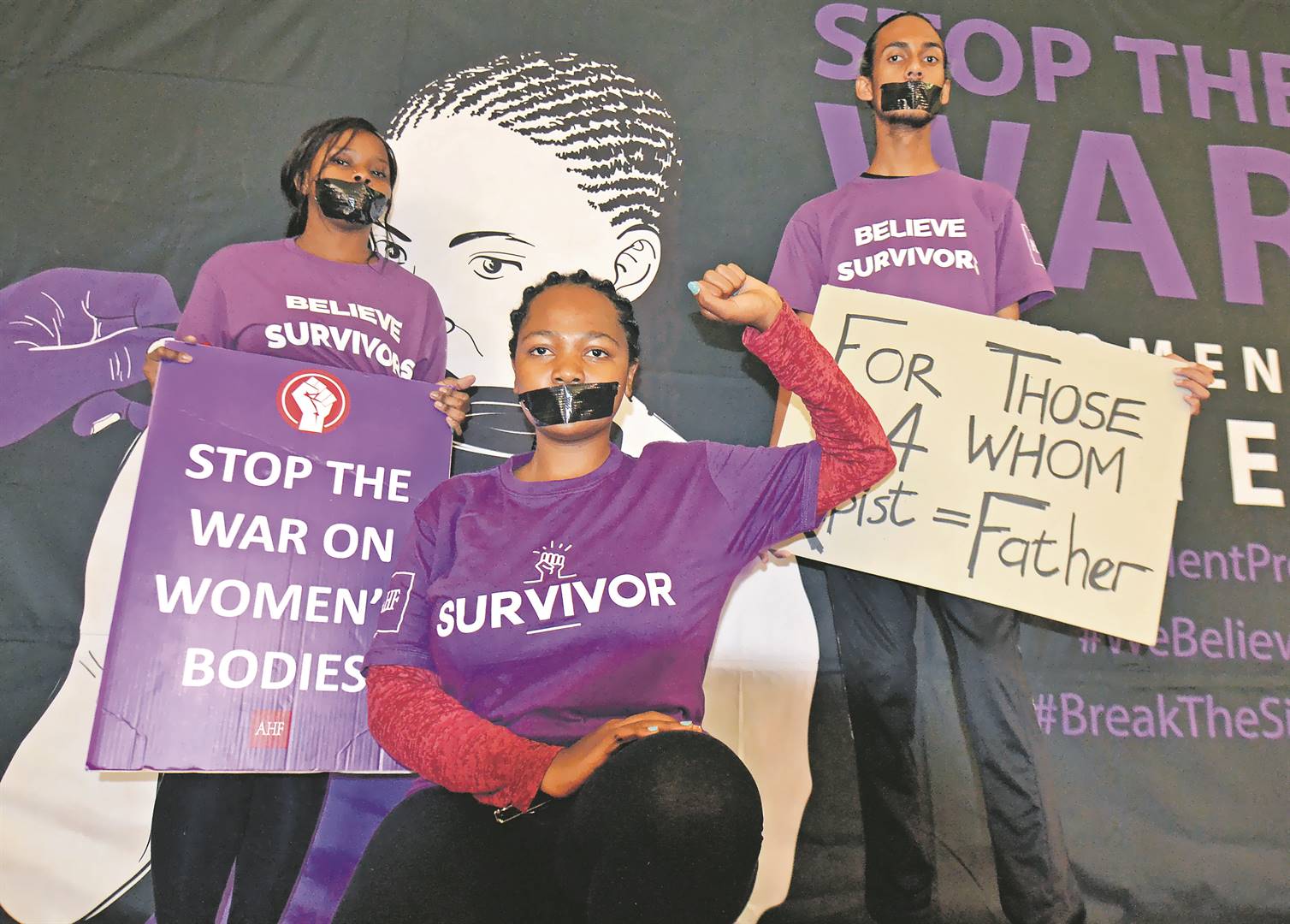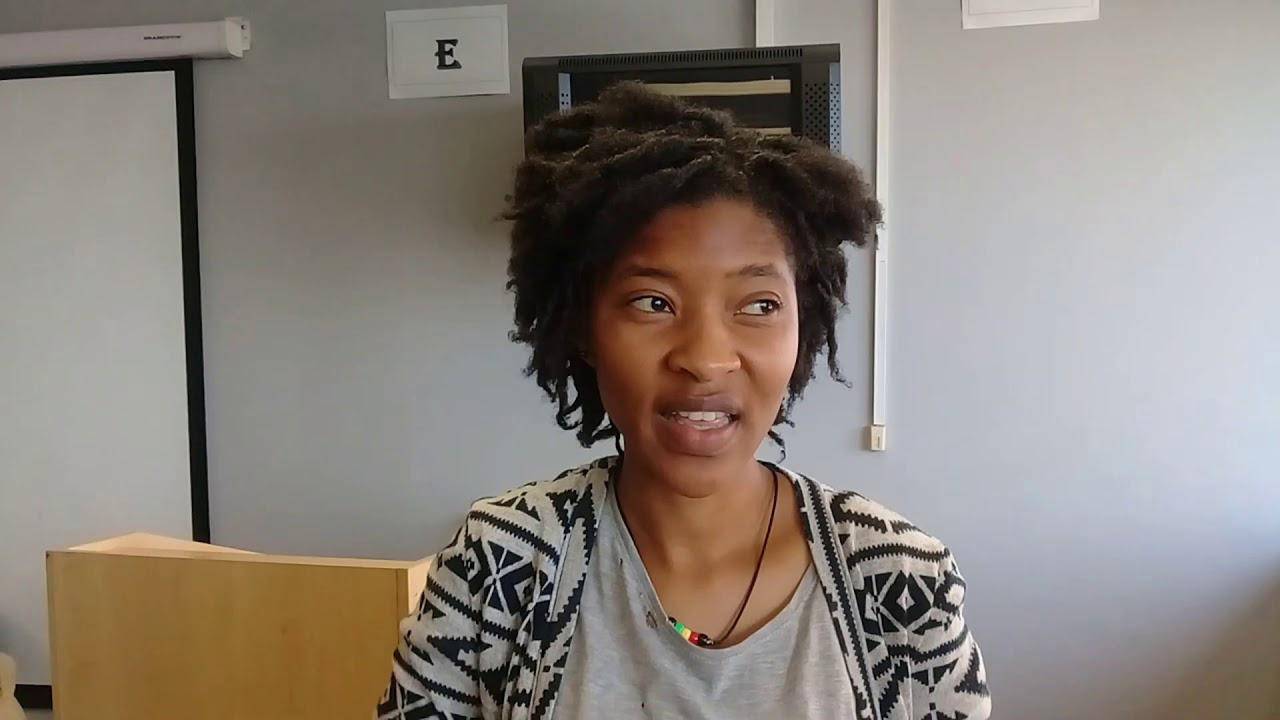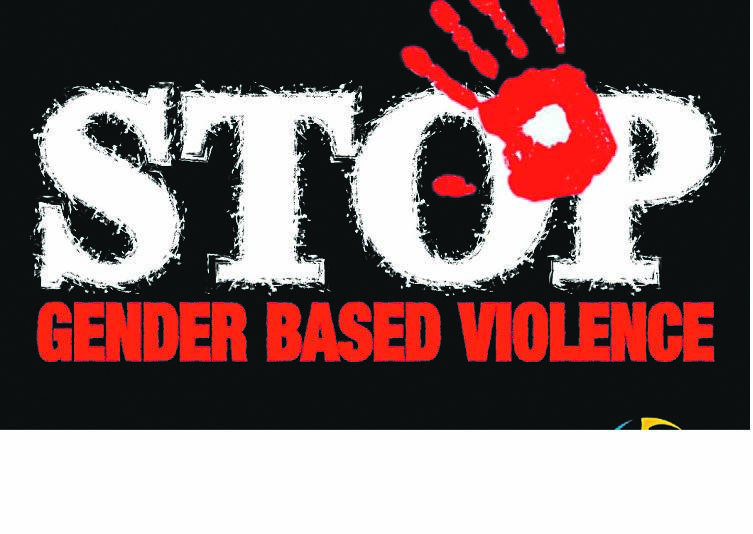
Gomolemo Legae, an 18-year-old woman from Mahikeng, North West, was brutally murdered by her boyfriend during the 16 Days of Activism for no Violence Against Women and Children.
Legae’s case is yet another example of what we now glibly call gender-based violence (GBV).
Just a few months ago, Uyinene Mrwetyana’s vicious murder sparked national protests around South Africa. Speeches were made and new policies were promised – as has been done for the past 10 years.
GBV has become yet another abbreviation that is bandied about as though the brutality of what happened to Legae, Mrwetyana and many other women who have died at the hands of their partners has little to do with us. We behave as if the war on women’s bodies does not happen to women we know – women who are our daughters, friends, grandmothers, aunts, sisters, wives, mothers and lovers.
Yet, year after year, police statistics continue to attest to the fact that it is women like us and women close to us who are vulnerable to violence for the simple fact that, like us, they are women and girl children.
According to the police’s annual crime statistics, in the 2018/19 period, police recorded 52 420 sexual offences, which, broken down, means an average of 144 cases were reported every day.
Ninety percent of victims of sexual violence older than 10 were girls or women. An alarming 46.5% of victims of sexual assault were children.
We may not wish to admit it, but violence against women and children is woven deep into the fabric of our society. It can be found in our silence when we hear bangs and screams next door. It can be seen when we walk past a woman being slapped and sworn at on the street.
It lies in the violent ways we communicate with each other within our families, in social spaces, on political platforms and at work. We turn a blind eye to the abuse of women and children every day.
Ghanaian-American novelist Yaa Gyasi wrote that, when we look back on devastating events in history, we have to remember that they “happened to individuals who are just like us ... not to a nameless, faceless mass”. Gyasi was referring to the slave trade in the 19th century, but she could just as well have been speaking about GBV today.
In October, during his medium-term budget policy statement, Finance Minister Tito Mboweni mentioned GBV only once, when he said: “We should give renewed impetus to the fight against gender-based violence and xenophobia.” This was two months after President Cyril Ramaphosa stood in front of the nation and told us that GBV was a priority and his government would treat the scourge as a national crisis. His words will remain empty promises unless he ensures government invests time and money into the National Strategic Plan to end GBV.
Many ask how putting money into GBV would help combat these brutal acts of violence against women, particularly when it happens in the privacy of their homes. We need the introduction of expansive GBV awareness programmes in the same vein as the HIV/Aids campaigns that opened dialogue and destigmatised the disease.
Dialogues should be initiated in our taverns, churches, buses, clinics, hospitals and the very police stations where people go to report GBV. Money should be invested in the training of police officers in how to deal with victims of GBV, counselling and forensics (rape kits and the like), and in appointing skilled prosecutors, magistrates and judges who are sensitised to work on sexual offence cases and child-related crimes.
It is time to stop just talking about fighting GBV – actual action must be taken to end it. This means the president and the finance minister need to announce exactly how much they will be allocating to the National Strategic plan on GBV in their state of the nation address and budget speech, respectively, this year.
- Ramolefo is a journalism graduate and a 2019 amandla.mobi campaigner. She is passionate about making Africa a safe continent for black women, children and the LGBTIQ community. Follow her on Twitter.




 Publications
Publications
 Partners
Partners










